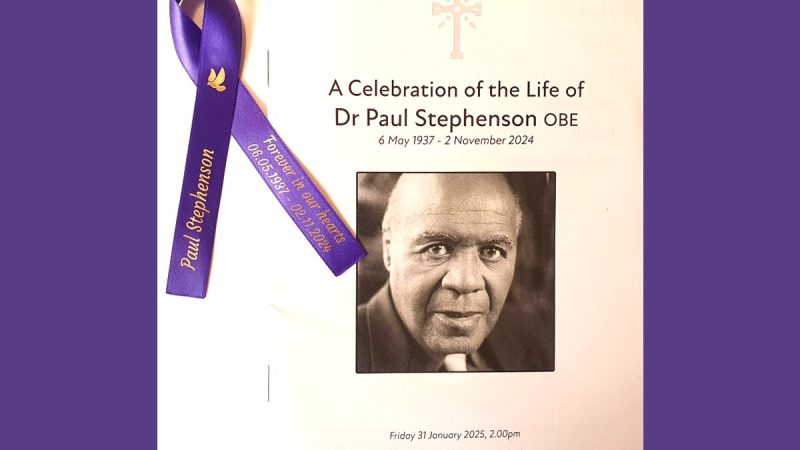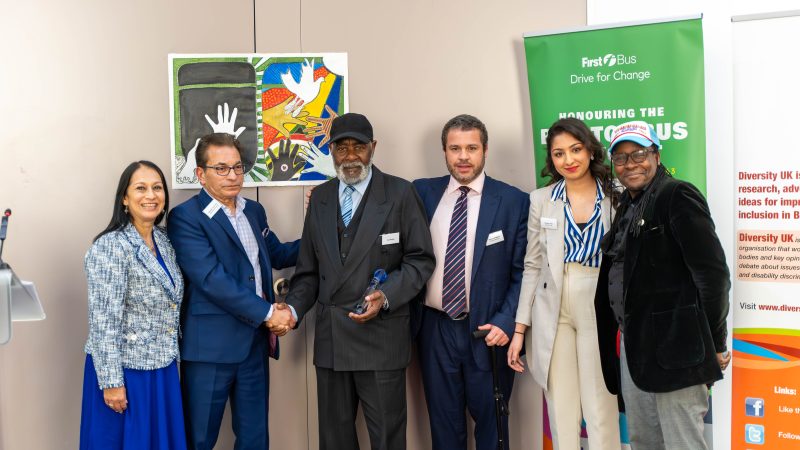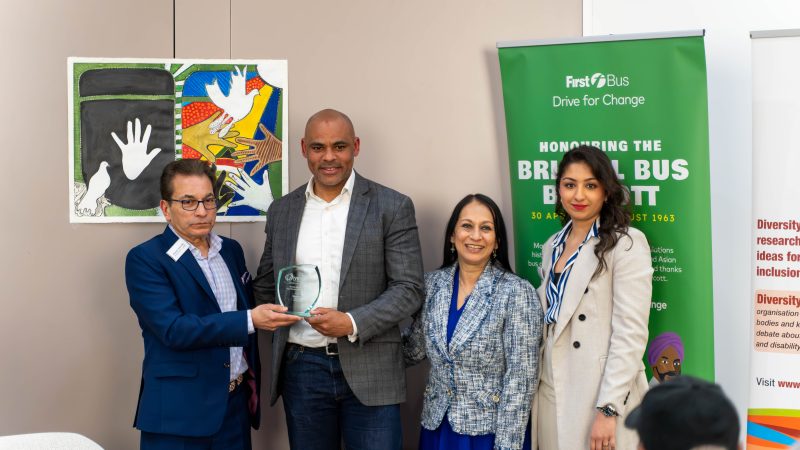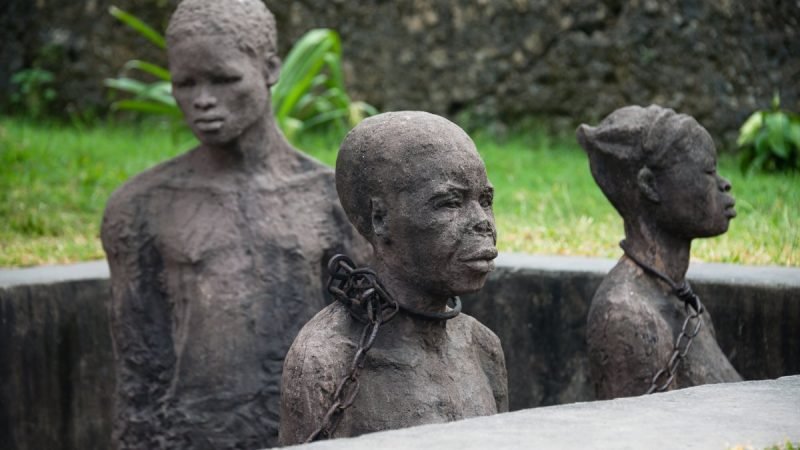Take part in UK’s race at work survey

Employees from across the country are today being urged to take part in the UK’s largest ever survey of race at work. Commissioned by Business in the Community, the Prince’s Responsible Business Network, the Race at Work survey has already received responses, but numbers are lower than expected, making it particularly important that employees take part.
In the UK today, ethnic minorities are under-represented at every level of work. Only 8.8% of ethnic minorities work as managers, directors or senior officials, compared to 10.7% of white employees. Ethnic minorities also have far greater ambition to progress at work compared to white peers, but are less satisfied with their experiences of management and progression**.
The Race at Work survey aims to gain better understanding of the issues around this under-representation by asking both white and BAME (Black, Asian and Minority Ethnic) employees (aged 16 and over) to share their personal experiences across areas including recruitment, progression and engagement. This will inform recommendations to employers who are committed to fair and equal workplaces that reflect the communities and customers they serve.
Sandra Kerr OBE, Race Equality Director, Business in the Community, said: “As a country where 20% of the resident population*** are from an ethnic minority background, it is particularly important that people have their say about race at work.
“The reality is that the future workforce of the area will reflect the diversity of its population. Evidence gathered to date shows that underlying cultures and processes may contribute to ethnic minorities not being treated equally in work. We want to hear the reality of race at work for today’s employees. That’s why we’re calling on everyone who’s currently in work in the UK to go online to www.raceatwork.org.uk and be part of this change.”
About the race at work survey
With the survey, Business in the Community aims to conduct the largest ever workplace survey of ethnic minority employees in the UK. Business in the Community is working with a research partner, YouGov, who have developed and are hosting the survey. The survey will raise awareness of racial bias and the lived experienced of ethnic minorities in UK workplaces today. Everyone will have unconscious biases that can impact on decision making and interactions in the workplace. The project will: provide greater understanding of racial biases within the UK; reinforce existing knowledge of the lived experiences of ethnic minority employees in work across recruitment, progression and engagement; and inform guidance to employers and government for concrete change. It is important that we hear from ethnic minority and white employees in order to create a composite understanding of the impact of ethnicity in the workplace.
The Race at Work survey is being undertaken in partnership with YouGov. It is open for responses until Wednesday 2 May 2018 at www.raceatwork.org.uk and the findings will be shared in June 2018.
About Business in the Community
Business in the Community, part of the Prince’s Responsible Business Network, is a business-led membership organisation made up of progressive businesses of all sizes who understand that the prosperity of business and society are mutually dependent. For further information visit www.bitc.org.uk
References:
**8.8% of managers, directors or senior officials from ethnic minority background – Equality & Humans Rights Commission, Healing a Divided Britain, August 2016.
64% of Black, Asian and Minority Ethnic (BAME) employees and 41% of white employees in the panel survey said it is important that they progress – Business in the Community, Race at Work 2015, November 2015, p4.
33% of BAME employees say their career has failed to meet their expectations, and four out of ten (36%) disagree that managers treat all people equally with regards to career progression – Business in the Community, Race at Work 2015, November 2015, p7.
***Office of National Statistics (ONS) 2011 Census: Key Statistics for England and Wales, March 2011




